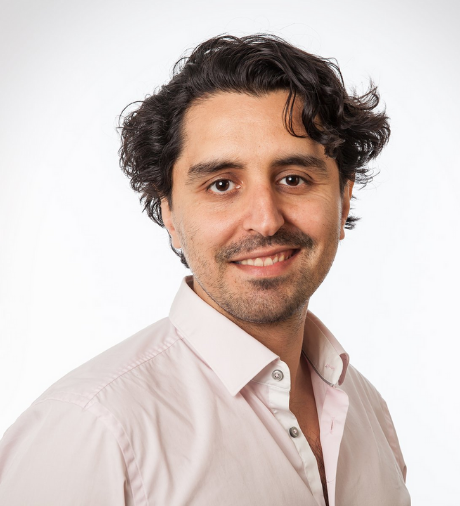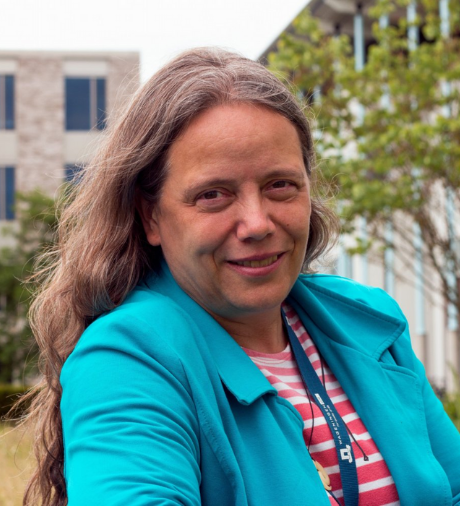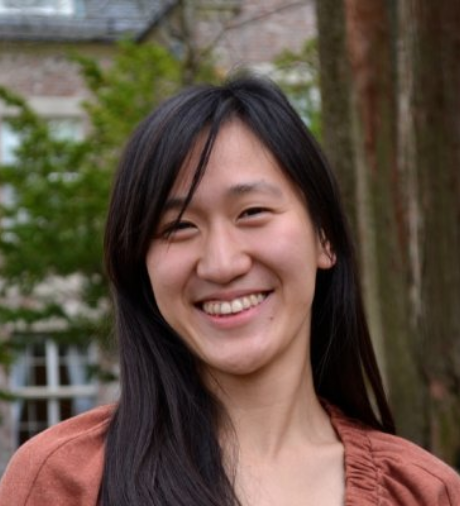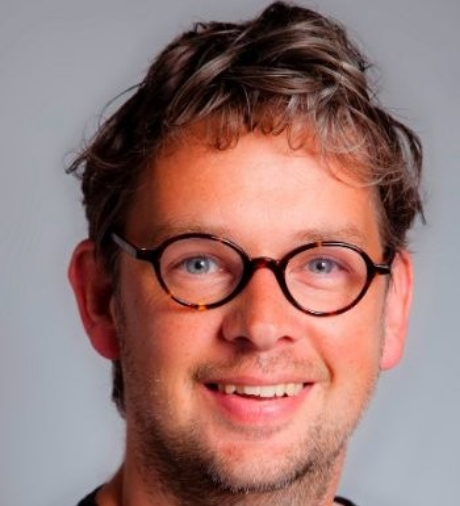On Wednesday November 25 the virtual, covid-proof edition of NSP17, organized by TU Delft with support of ISPT, came to an end with the final webinar on food, health and pharma moderated by Burak Eral (TU Delft). The main question was: how will we feed a growing world population in a healthy and sustainable way?
Moderator

Burak
Eral
TU Delft
Keynote

Karin
Schroën
Wageningen University & Research
Central to all industries are the 17 Sustainable Development Goals of the UN. Professor Karin Schroën of Wageningen University & Research firmly believes that process engineers can make a substantial contribution to all those goals. Narrowed down to food, she establishes two focal points, worldwide distribution and shelf life of food, that are imperative to a sustainable world. So how can process technology be instrumental to these aspects? ‘If you would’ve told Dutch farmers ten years ago that they all would own a drone to help them produce more efficiently, they would have said you were off your rocker,’ she elaborates. Nowadays it is standard practice, and glass houses and even vertical farms are on the rise. She also sees engineering opportunities in the factory, for instance continuous processes, innovative process design and precision process control. ‘Precision process control would prevent heat damage in food and pharma. In both industries it is always about the functionality of ingredients.’

“The big question is: how functional are plant-based ingredients? That should be investigated, not just the technical, but also the psysiological functionality.”
Karin Schroën, Wageningen University & Research
Creating technologies
The public debate on sustainable food is dominated by the need to replace animal-based proteins with plant-based alternatives, especially on the consumers’ side. Schroën approaches the matter from the engineer’s perspective. ‘The big question is: how functional are plant-based ingredients? That should be investigated, not just the technical, but also the psysiological functionality.’ Like in the lab that uses microchips to learn how protein digestion works.
Main engineering possibilities in pharmaceutical production are double emulsions that allow for the precise dosing of components, and better capsules. ‘Upscaling these techniques will become a reality, hopefully soon.’ Another interesting area is testing and monitoring, which she illustrates with the organ-on-a-chip technology, to test components on living cells. It is primarily used in pharma, ‘but it is possible to develop this for food ingredients, and to directly link the ingredients to health effects.’ There is also controlled release. She shows us an oil bead, containing oil droplets that are slowly released in the body, and signal the brain that you need to stop eating: an effective way to lose weight and ‘a possible solution for the obesity pandemic.’
A second way of monitoring health is already widely available: monitoring human vitals through apps on a phone or watch. ‘In my perspective as an engineer the human body is nothing more than a process,’ she adds. ‘A complicated one, but it is a process. On an unconventional scale, micro- and nanometers and very short time scales, but it is something that we know.’ In pharma she considers microfluidics an important development. She is also a proponent of sensors on food packaging, like an ethylene sensor to monitor ripeness in apples ‘because in the Netherlands a third of the food still good for consumption is wasted when the expiration date has passed.’ It sparks an question from the audience: how can we combine sensors on food packaging with plastic waste reduction? ‘That is a trade-off,’ she responds, ‘because with good packaging we prevent food from wasting prematurely, and sensors provide information that helps waste reduction, so that’s an add-on. But we don’t want more pollution, so I’m currently working on biodegradables.’
Panel

Alina Rwei
TU Delft

Michiel Meeuwse
Unilever
Creating foodstocks
Quite a few themes of Schroën’s lecture are also present in the panel discussion. Unilever’s Michiel Meeuse thinks that waste reduction is essential to feeding the world in a sustainable way, ‘and that means processed foods have a clear role to play, because a fresh chain leads to more waste.’
Alina Rwei (TU Delft) agrees that we need to decrease waste, but she thinks the solution lies in smart technology. ‘Like genetic engineering, controlled release, sensor systems. Because it is proven that more processed food has negative health effects.’ Two audience members join in: Anne van der Zwaan adds circular agriculture as an option, Frank Smeets proposes fermentation as a way to create new foodstocks. Schroën asks whether he also thinks of algae, but he considers growing algae an industrial process. ‘Fermentation is an old technique,’ Schroën notes, ‘and not everything can be fermented, but when applied correctly it can certainly add.’
Another recurring theme is plant-based nutrition versus animal-based nutrition. Meeuse thinks that plant-based nutrition is ‘a very relevant field for process engineers’, but he admits that the majority of consumers won’t compromise on taste – as is obvious in the ongoing battle between meat lovers and vegans. Rwei emphasizes cell cultures for meat production without animals, also known as lab-grown meat. ‘But it requires a collaboration between scientists and engineers, to rebuild the natural food product together.’ Schroën considers all of them relevant, but adds that engineers need to think on how these innovations can be applied on a scale that is useful to the whole world, ‘because food deficiencies are present everywhere.’
Benefits for food and pharma
It is already clear that the food industry and the pharmaceutical industry are closely interlinked. They have parallel challenges, like heat damage, and sharing information will be beneficial to both industries. A major challenge to the continuous manufacturing of pharmaceuticals is the design of a continuous production facility with enough flexibility. ‘There are legal issues,’ Schroën explains, ‘that prevent an existing process from changing.’ Moderator Burak Eral (TU Delft) fully agrees on the legal aspect: ‘Inventing a new process in a tightly regulated industry is a challenge.’ Meeuse admits that he is not an expert on pharma, but in food there is a challenge in online quality control. Smeets joins in on legal challenges for the pharmaceutical industry, especially concerning scale. He thinks microfluidics may be a solution, ‘because they can multiply processes on a massive scale. And it will also benefit personalized medicine.’
